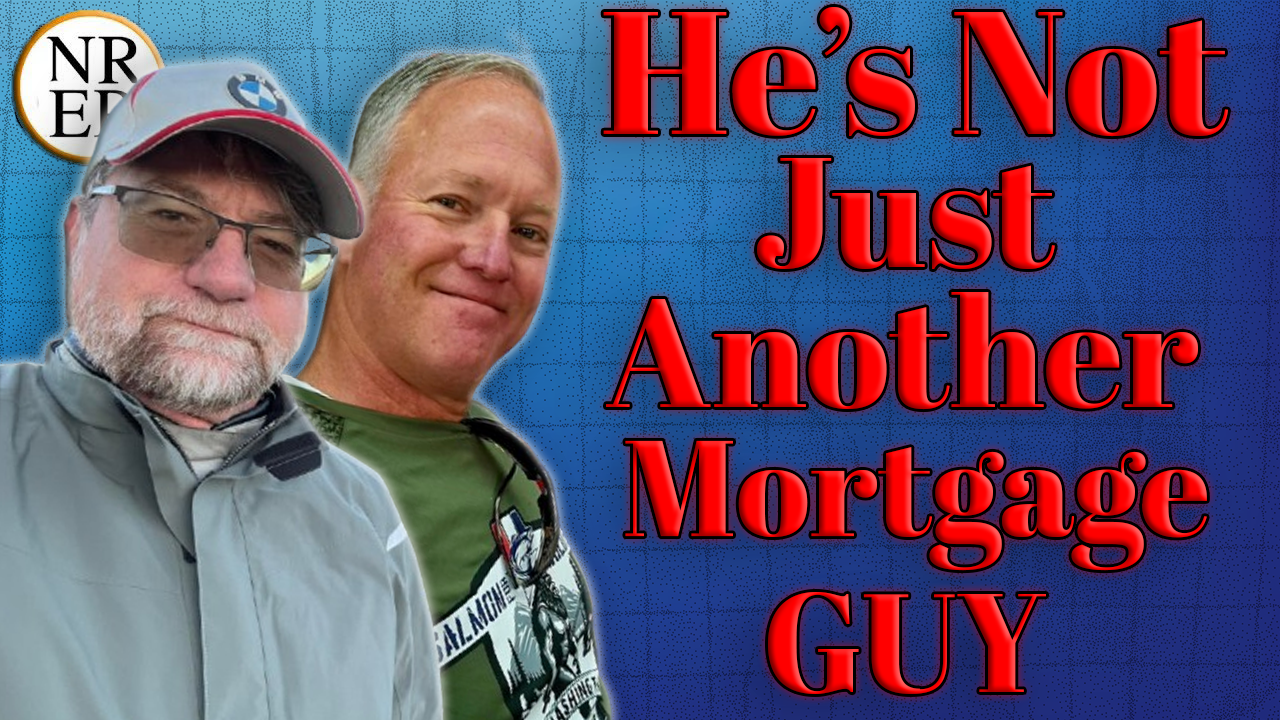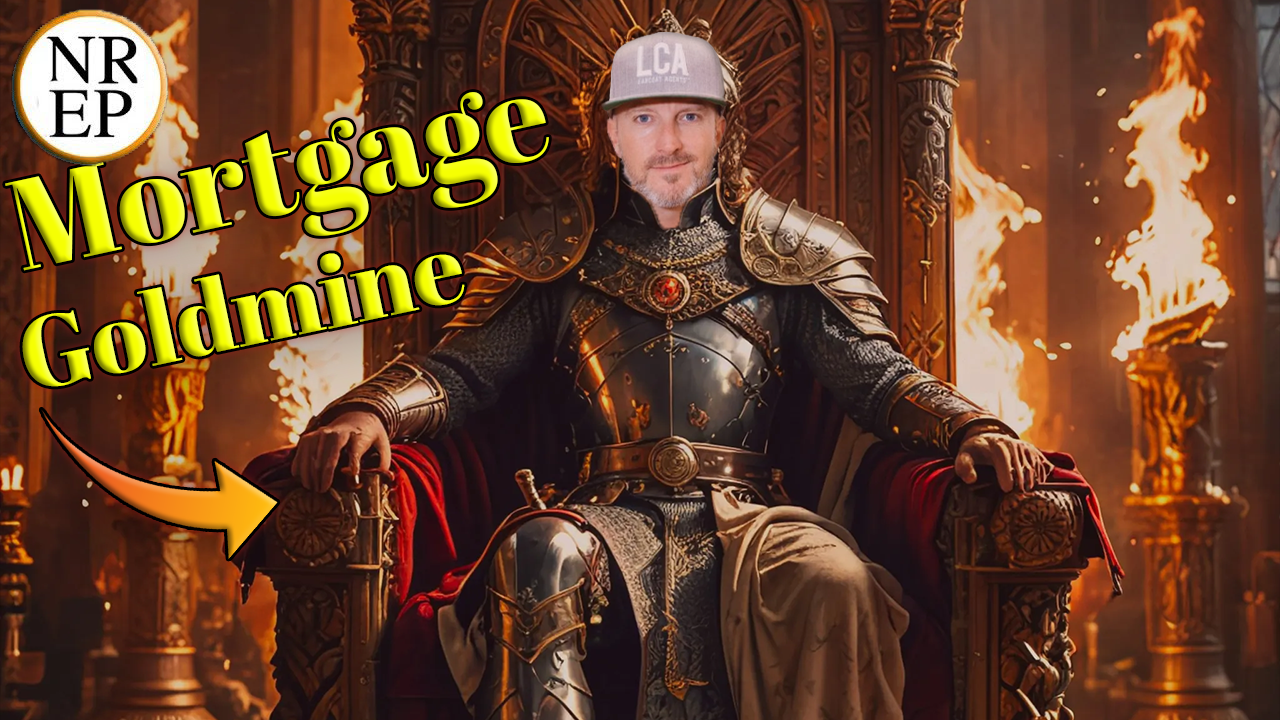Please share your thoughts and story ideas in the chat box (private) or comments section (public) below.
Are you paying too much?
Working with multiple platforms and integrations?
Wonder what they mean by “Everything in one place“?
Oh yeah, and who has access to your data?
It might be a good time to evaluate your technology.
LOS | POS | CRM | eSign | PPE
One platform. Enterprise pricing for everyone – $99/mo.
Click HERE and take a close look.
The Mortgage Industry’s Cycle of Success and Decline: A Story of Gratitude and Entitlement
The story of mortgage companies and their life cycles is as old as the industry itself. It’s a tale that revolves around the concept of gratitude versus entitlement, and it’s a pattern that has been repeating itself for at least the past three decades.
The journey often begins with a small company, founded by an owner with a dream and a handful of dedicated loan officers. They start off with a strong sense of camaraderie, working together towards a common goal, believing that they can conquer the world as long as they stick together. The owner, at this stage, is grateful for his team and the value they bring to the company. The loan officers are treated like gold, and their contributions are highly appreciated.
As the company grows, fueled by the hard work and success of its loan officers, the owner’s attitude begins to shift. It’s a gradual change, often imperceptible at first, but over time, gratitude starts to give way to entitlement. The telltale signs are there for those who pay attention.
It usually starts with the owner buying a flashy new sports car. When this happens, you can expect about five more good years. Then comes the muscle car, signaling that you’ve got about three years left. Next, the owner might purchase a small plane, perhaps a Piper Saratoga, as their sense of entitlement continues to grow. As the company expands further, the owner becomes increasingly disconnected from the struggles and realities faced by the loan officers.
Cosmetic surgeries and a new romantic partner often follow, further cementing the owner’s sense of entitlement. They may even believe that buying jets will inspire their loan officers, failing to recognize that such displays of wealth can have the opposite effect. Publicly disparaging respected partners becomes a sign of weakness rather than strength.
This cycle is as predictable as the changing of the seasons, and it’s a story that plays out time and time again in the mortgage industry. It’s a cautionary tale, urging those in positions of power to heed the words of the great Stoic philosopher and Roman leader Marcus Aurelius: “Do not be wise in words, be wise in deeds.” Remember that everything we hear is an opinion, not a fact, and everything we see is a perspective, not the truth.
Entitlement and unchecked ego are the hallmarks of a fallen leader, not a true one. They are the actions of the ungrateful, and they can lead to the downfall of even the greatest companies. Loan officers become wise to these patterns, and management becomes deaf to the whispers of discontent. The course becomes set, and change becomes increasingly difficult.
In the end, the company may not die, but it will fade, just like the passing of our days. The owner, consumed by their bloated sense of self-worth, becomes blind to the realities around them, believing that they alone are responsible for the company’s success.
As someone who has been in the mortgage industry for nearly two decades, I’ve seen this story play out time and time again. It’s a reminder of the importance of staying grounded, grateful, and connected to the people who make our success possible. Let’s continue this conversation and share our experiences, one-on-one, with the utmost discretion.














